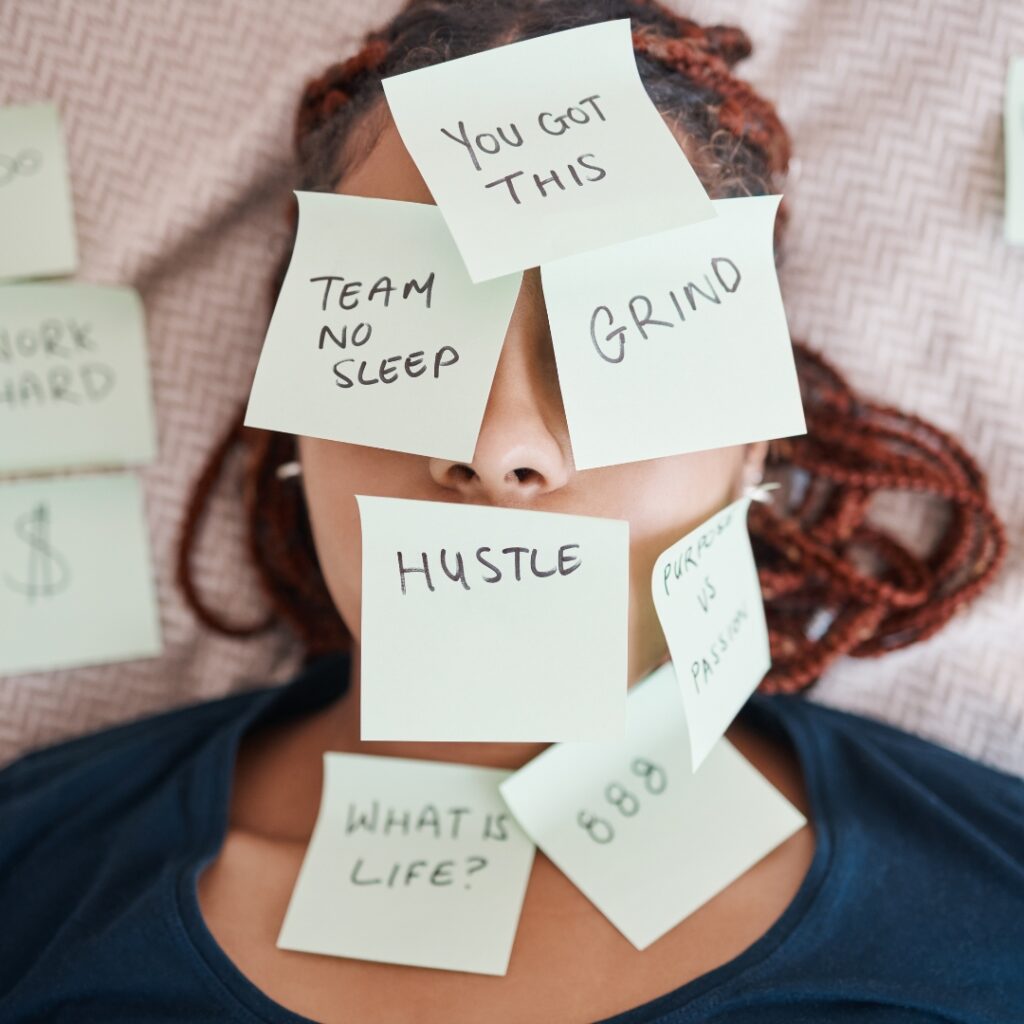We live in an age where you can find anything you want to know at the speed of a swipe. Every day, we consume data through podcasts, reels, TikToks, YouTube videos, online courses, threads, and tweets. We scroll past bite-sized “truths” from voices claiming authority and opinions are broadcast louder than facts.
Nowhere is this digital overload more glaring than in the health and fitness space. Scroll for five minutes and you’ll see someone swearing by keto, another for veganism, and a third promoting a carnivore diet. Add in biohackers, “wellness” influencers, anti-oat crusaders, and self-proclaimed fitness gurus, and you’re left wondering: Who’s actually telling the truth?
This article isn’t here to give you another set of rules. It’s here to help you take a step back and shut out the noise. As you dig into the overwhelming pool of health advice, more often than not, what you filter out is more powerful than what you take in.
THE PSYCHOLOGICAL TOLL
One moment, you’re reading about the benefits of intermittent fasting; the next, a new study warns against its potential risks. This constant barrage of conflicting information doesn’t empower—it confuses. It can lead to decision fatigue, second-guessing, and a growing sense that you’re never doing enough.
We’ve all experienced well-meaning friends or family confidently offering advice. Now, social media has amplified that chatter everyone from “reel doctors” to fitness influencers seems to have “the answer”. But anyone can present themselves as an expert online, regardless of their qualifications, or lack thereof.
This constant exposure, especially to contradictory or alarmist content, doesn’t just clutter our minds, it wears us down. Information overload can lead to psychological exhaustion, emotional instability, increased stress, and burnout. And it’s easy to see how that impacts your ability to stay consistent with healthy habits or even start in the first place.

WHEN MORE IS LESS AND LESS IS MORE
In theory, having access to a wealth of information should empower us to make better decisions. But there’s a tipping point.
The paradox of choice tells us that too many options don’t make us happier, they paralyze us. When everyone is shouting their version of the truth, it becomes harder to choose a path forward. People either get stuck in indecision or jump from plan to plan, hoping the next thing will be the answer.
This overload also drives us to default to mental shortcuts like clinging to familiar narratives, buying into persuasive marketing, or simply following what seems popular at the moment. But these shortcuts can deepen misinformation and pull us further away from what’s actually helpful and what we were actually trying to achieve in the first place.

SIMPLIFY AND FIND BALANCE
So what can you do to break the cycle and move forward with clarity and confidence?
LIMIT YOUR SOURCES
Choose a few reputable, evidence-based sources for health information and stick to them. Official health organizations, peer-reviewed research, or certified professionals are a good place to start. The goal is to filter for quality, not quantity.
VERIFY
Before taking advice at face value, consider the source. What are their qualifications? What are they selling? Just because something is trending doesn’t make it true or right for YOU.
PRACTICE DIGITAL MINDFULNESS
Be intentional with your content consumption. Set boundaries for when and how you engage with health content. This not only preserves your energy but also helps you stay present and focused on your actual goals.
CONSULT PROFESSIONALS
When in doubt, work with someone who knows what they’re doing. A qualified coach or healthcare provider can help you cut through the noise and tailor a strategy that works for your needs, not just what’s popular.
TRUST YOURSELF
At the end of the day, your body is giving you feedback all the time. Learning to listen to that while also staying grounded in evidence, can be more powerful than any trend. Not everything has to be biohacked or overanalysed. Often, consistency with a simple, personalised plan trumps complexity every time
CONCLUSION
In an era where information is abundant and accessible, the real challenge isn’t finding answers, it’s learning which ones are worth listening to.
The health and fitness space is louder than ever, flooded with conflicting opinions and trend-chasing advice. But your progress doesn’t need to be driven by the latest hype. It needs to be built on clarity, confidence, and sustainability.
The keys to lasting progress are: simplifying your approach, cutting through the noise, and staying connected to what genuinely works for you.
At the end of the day, health isn’t about doing everything. It’s about doing what matters most, consistently, and in a way that supports you.

